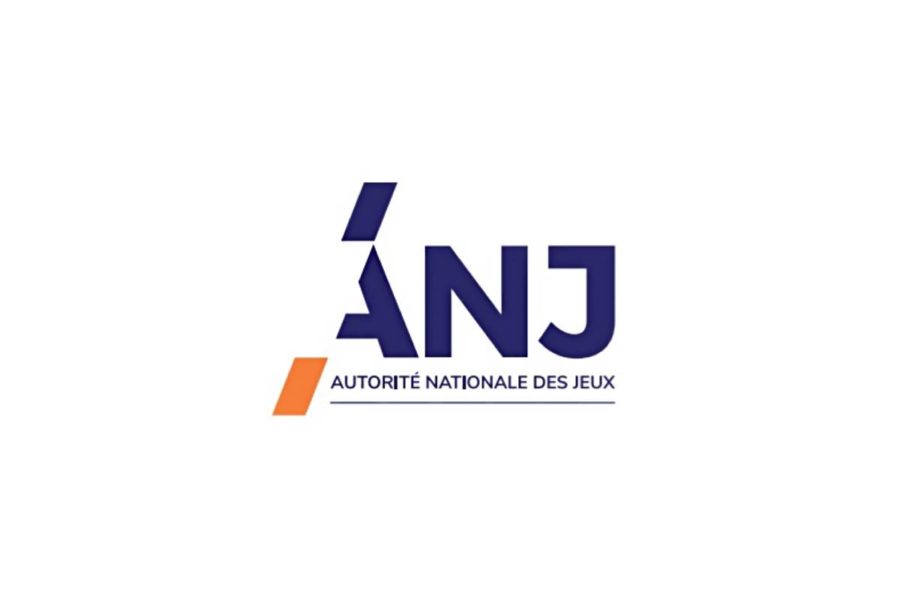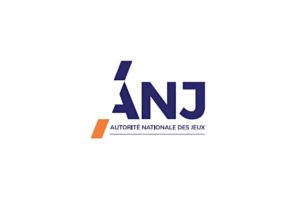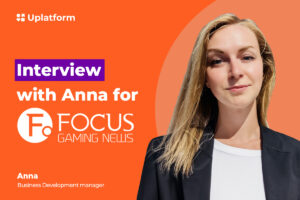ANJ: gambling operators must do more to reduce advertising “intensity” in France

The French gambling regulator wants to see more of a response from operators to end an oversaturation of gambling ads.
France.- The gambling regulator L’Autorité Nationale des Jeux (ANJ) has warned that operators need to do more to reduce the “intensity” of their marketing.
Having completed its second annual review of operators’ promotional strategies, it approved all but one operator’s campaigns but said it had added “demanding conditions” for some, which will be checked in a mid-year progress report.
It also said more needed to be done to avoid the oversaturation of gambling ads it saw during Euro 2020 last year, raising concerns about operators’ plans to up advertising spend by 7 per cent. It is also concerned about the use of social media platforms like TikTok, Snapchat, Twitch and Instagram that are popular with younger people.
New regulations allow the regulator to ban ads that “trivialise” gambling, that contain “unfounded statements on the chances of winning” or that link gambling with improvement in social status – something that led to a Winamax campaign being rejected.
The ANJ has also made non-binding recommendations on the number of gambling ads, suggesting that there should be no more than three gambling ads in any one advertising slot on television and radio and no more than three per day per site online.
The ANJ said: “The new conditions set for operators are consistent with the guidelines and recommendations adopted on February 17 and constitute a first example of the regulator’s wish to de-intensify gambling advertising in order to better protect vulnerable groups and minors.”
ANJ focus on French gambling monopolies, FDJ and PMU
The ANJ is paying particular attention to the monopoly lottery operator La Française des Jeux (FDJ) and the pari-mutuel horse racing operator Pari-Mutuel Urbain (PMU) to ensure their advertising is measured and “limited to what is necessary” to channel demand to legal gambling.
It said FDJ’s ads sometimes exceeded what was necessary, and it warned PMU not to show gambling as a family leisure activity or to include minors in its marketing.











